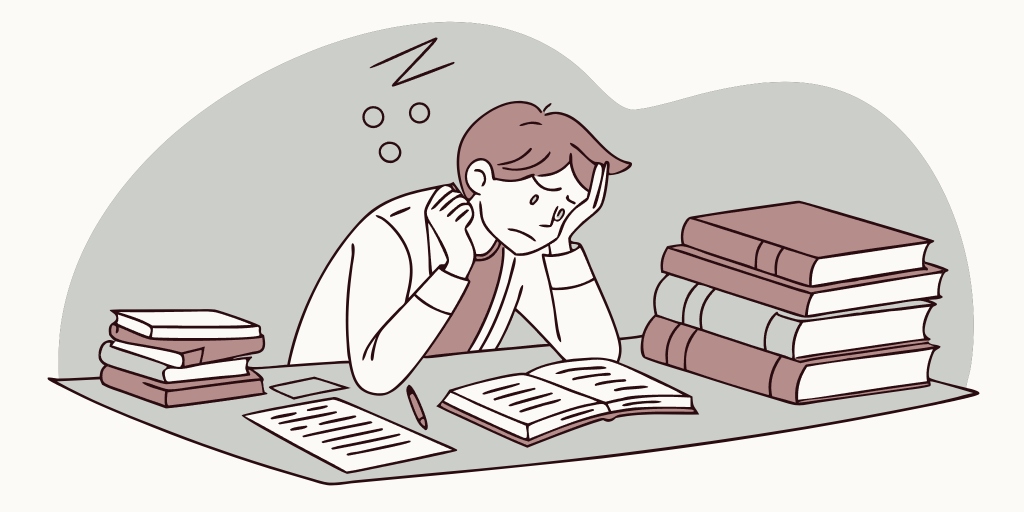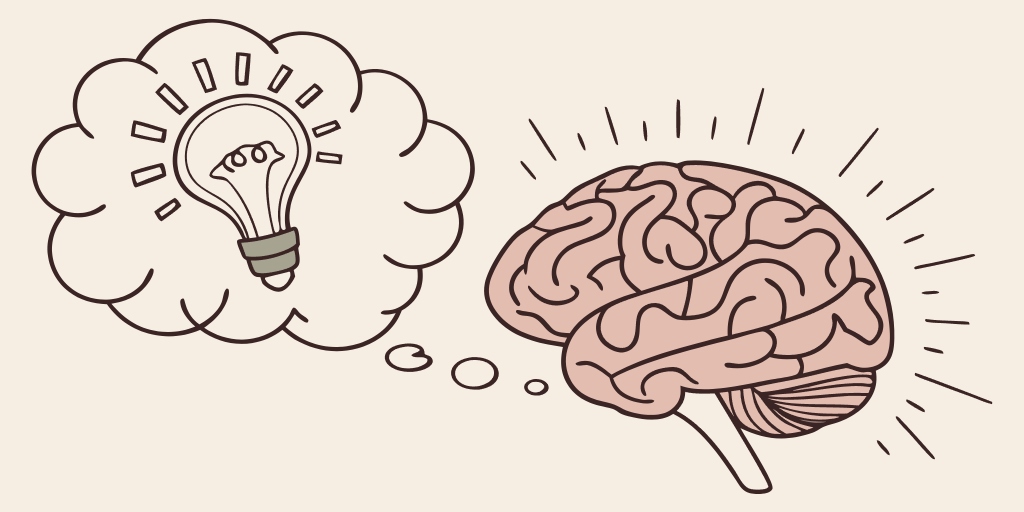Understanding How to “Learn”
In the 21st century, knowing how to learn is just as important as what you learn. Whether you’re a student preparing for exams, a professional upgrading your skills, or a lifelong learner exploring new interests, one question matters more than any other: How can I focus on learning effectively?
Effective learning is more than just spending hours with books or online courses. It’s a science-backed approach to absorbing, understanding, and retaining information in a way that saves time and produces better results. Instead of struggling through endless notes and forgetting them days later, you can master any subject with the right methods.
This guide will show you everything you need to know about learning effectively, from how your brain processes information to the best strategies, habits, and environments for long-term success.
🧠 What Does Learning Effectively Really Mean?
Before exploring strategies, let’s define what learning effectively is. It’s not about memorizing pages of text and hoping it sticks. Learning effectively means absorbing new knowledge, connecting it to what you already know, storing it in your long-term memory, and being able to apply it when needed.
When you learn something new, your brain builds neural connections. The more you revisit and use that information, the stronger those connections become. Effective learning focuses on strengthening these pathways through repetition, active engagement, and meaningful associations. We can compare it to muscle memory but in this case, it’s just memory.
📅 Build a Plan – Consistency Is Key to Learning Effectively

One of the most common mistakes people make is cramming, trying to learn huge amounts of information in a short time. While it might help you pass a test tomorrow, it does little for long-term retention.
If you want to focus on learning effectively, spaced repetition is a must. Instead of long, exhausting study sessions, break your learning into shorter, regular sessions spread over days or weeks. Reviewing material at increasing intervals helps your brain transfer knowledge from short-term to long-term memory. We build muscle by exhausting them in short bursts, apply the same principle for learning and you’ll have a much better understanding
Tips for building a consistent plan:
-
Study in shorter sessions (30–60 minutes) instead of long marathons.
-
Schedule regular reviews over time rather than one big cram session.
-
Break subjects into manageable chunks and tackle them step by step.
🧪 Active Learning: The Heart of Learning Effectively
Passive learning, like reading a textbook over and over. It doesn’t engage your brain deeply. Active learning, on the other hand, requires you to interact with the material, forcing your brain to think critically and recall information.
Here are key active learning strategies that make learning effectively easier:
✏️ Summarize and Explain in Your Own Words
After studying a topic, explain it as if you were teaching it to someone else. Teaching forces you to organize information clearly and strengthens your understanding. Keep notes you’ll understand above all else, bullet points and short phrases. Just enough to jog your memory but not big paragraphs.
❓ Practice Retrieval
Test yourself regularly instead of just rereading notes. Quizzes, flashcards, or writing everything you remember from memory will boost and strengthen neural connections.
🧠 Use the Feynman Technique
Explain a concept as if you were teaching it to a child. If you can’t explain it, you don’t understand it deeply enough. This is a powerful method for learning effectively.
🔄 Mix It Up (Interleaving)
Instead of focusing on one topic for hours, alternate between related topics. This improves your brain’s ability to differentiate concepts and apply them flexibly, a key element of learning effectively. Such a practice will also help you bridge different topics to learn effectively,
🗺️ Boost Memory to Learn More Effectively

Effective learning depends on memory, and memory can be trained. Several techniques help you store and recall information more easily:
-
Mnemonics: Create acronyms, rhymes, or associations to make information easier to remember.
-
Chunking: Break large amounts of data into smaller, meaningful units (e.g., remembering a number as 123-456-7890 instead of 1234567890).
-
Visualization: Turn concepts into diagrams, mind maps, or flowcharts. Visual learning helps your brain understand and retrieve information more efficiently.
These memory techniques are proven tools for learning effectively in less time.
🏡 Create the Ideal Environment for Learning Effectively
Your study environment plays a crucial role in how effectively you learn. A cluttered, noisy, or uncomfortable space can ruin your focus and memory.
Here’s how to optimize your environment for learning effectively:
-
Declutter your workspace: A tidy space promotes mental clarity.
-
Eliminate distractions: Silence notifications, keep your phone away, and close unrelated tabs.
-
Light and comfort: A well-lit, comfortable environment reduces fatigue.
-
Experiment with background sound: Soft instrumental music can boost focus, but silence may work better for deep study.
Changing your environment occasionally can also boost retention. Studying in different locations or at different times helps your brain recall information in varied contexts.
⏱️ Breaks and Rest: Essential Parts of Learning Effectively

Learning for hours without rest might feel productive, but your brain needs breaks to process and store new information. Overworking leads to fatigue and forgetfulness, the enemies of learning effectively.
One of the best approaches is the Pomodoro Technique:
-
Study for 25 minutes.
-
Take a 5-minute break.
-
After four cycles, take a longer 15–30-minute break.
And don’t underestimate sleep. During sleep, your brain consolidates new knowledge, transferring it from short-term to long-term memory. Skipping sleep to study longer usually backfires.
🔍 Know Your Learning Style to Learn Effectively

Not everyone learns the same way. Understanding your learning style can make a huge difference in how effectively you study:
-
Visual learners absorb best through images, diagrams, and color-coded notes.
-
Auditory learners benefit from listening to lectures, podcasts, or discussions.
-
Reading/writing learners prefer reading and note-taking.
-
Kinesthetic learners learn best by doing and practicing.
Most people are a mix of these styles, so experiment to discover what works best. Combining methods, like reading notes aloud while drawing diagrams is often the most effective approach. Most Educational Facilities try to persuade students into only learning by reading and writing but we now know that freedom of thought only comes forth once students get to freely learn in their style.
🔄 Connect New Knowledge to What You Already Know
Learning effectively isn’t just about storing new facts; it’s about integrating them into what you already understand. The more connections your brain makes, the easier recall becomes.
Try linking new information to real-world examples or personal experiences. For example:
-
Relate scientific concepts to everyday phenomena.
-
Connect historical events to modern issues.
-
Compare abstract theories to familiar situations.
These mental links act like anchors, making it much easier to retrieve information later.
💡 Apply and Reflect for Long-Term Learning
Knowledge that isn’t used is quickly forgotten. Application is essential for learning effectively and retaining information for the long term.
-
Solve real problems based on what you’ve learned.
-
Discuss new ideas with peers or online communities.
-
Write summaries or blog posts explaining key concepts.
-
Teach someone else, one of the most powerful ways to reinforce learning.
After each learning session, reflect on what worked and what didn’t. Reflection helps you improve your strategies and become a more efficient learner over time.
🧭 Adopt a Growth Mindset for Lifelong Learning
Your mindset is one of the most powerful tools for learning effectively. People with a growth mindset, the belief that intelligence and ability can be developed are more likely to persist, embrace challenges, and learn deeply.
Instead of thinking, “I’m not good at this,” try saying, “I haven’t mastered this yet.” Mistakes are part of the learning journey, not proof of failure. The more you embrace them, the more effectively you’ll learn.
🌟 Final Thoughts: The Path to Learning Effectively

Learning effectively isn’t about studying harder. It’s about studying smarter. By understanding how learning works, practicing active engagement, building the right environment, taking breaks, and applying knowledge consistently, you can master any subject with less effort and more enjoyment.
Remember, the most successful learners aren’t the ones who memorize the most, but rather the ones who know how to learn. With the right techniques, you can turn every learning experience into a powerful stepping stone toward your goals.
FAQ
1. What does learning effectively mean?
Learning effectively means understanding, retaining, and applying knowledge in a way that saves time and improves results. It’s not about memorizing facts — it’s about actively engaging with information, connecting it to what you know, and recalling it when needed.
2. How can I start learning more effectively?
To start learning effectively, create a consistent study schedule, use active learning techniques like self-testing or teaching, and take regular breaks. Focus on understanding concepts deeply instead of rote memorization, and build a distraction-free study environment.
3. What are the best techniques for learning effectively?
Some of the best techniques include:
-
Spaced repetition – reviewing material over increasing intervals.
-
Active recall – testing yourself instead of rereading notes.
-
Feynman technique – explaining topics in simple terms.
-
Interleaving – mixing different topics during study sessions.
4. Can learning effectively improve my memory?
Yes. Many effective learning methods are designed to strengthen memory. Techniques like visualization, chunking, and mnemonics help store information more efficiently, while spaced repetition and active recall improve long-term retention.
5. How do breaks help with learning effectively?
Breaks give your brain time to rest and process new information. Short breaks prevent fatigue and improve focus, while sleep helps consolidate knowledge into long-term memory — both of which are essential for learning effectively.
6. Does my learning style affect how I learn effectively?
Absolutely. Knowing whether you’re a visual, auditory, reading/writing, or kinesthetic learner can help you choose techniques that suit you best. Adapting your approach to your learning style makes learning effectively much easier and faster.
7. Can I learn effectively without studying for long hours?
Yes. The key is not the number of hours but how you use them. Short, focused study sessions with active learning, regular reviews, and proper breaks are far more effective than long, passive study marathons.
Learn more on Student Life Balance


Leave a Reply